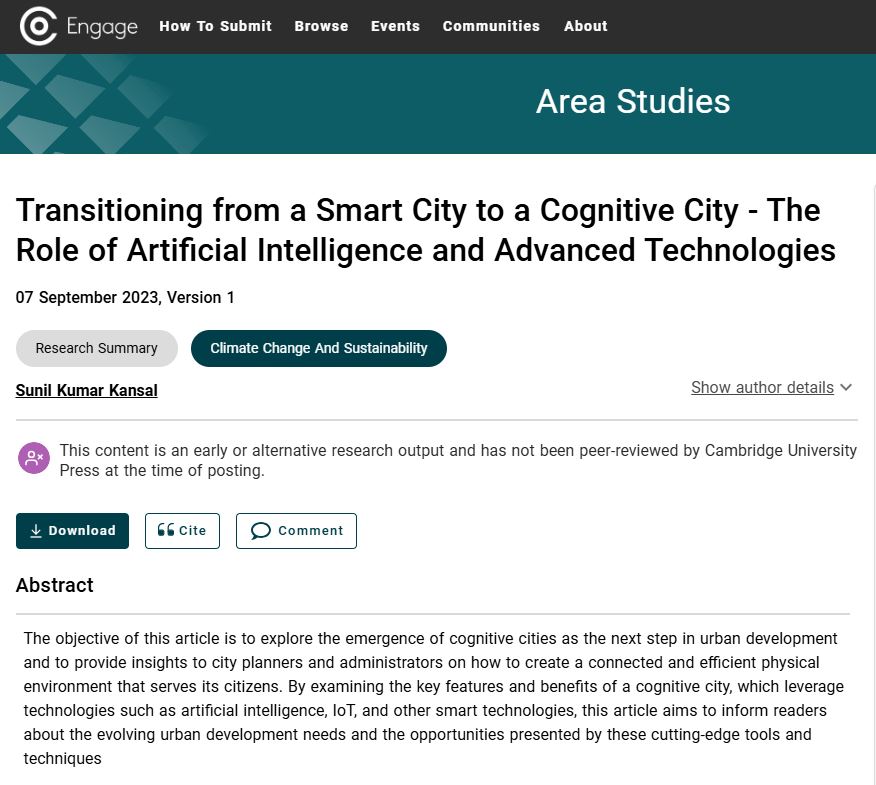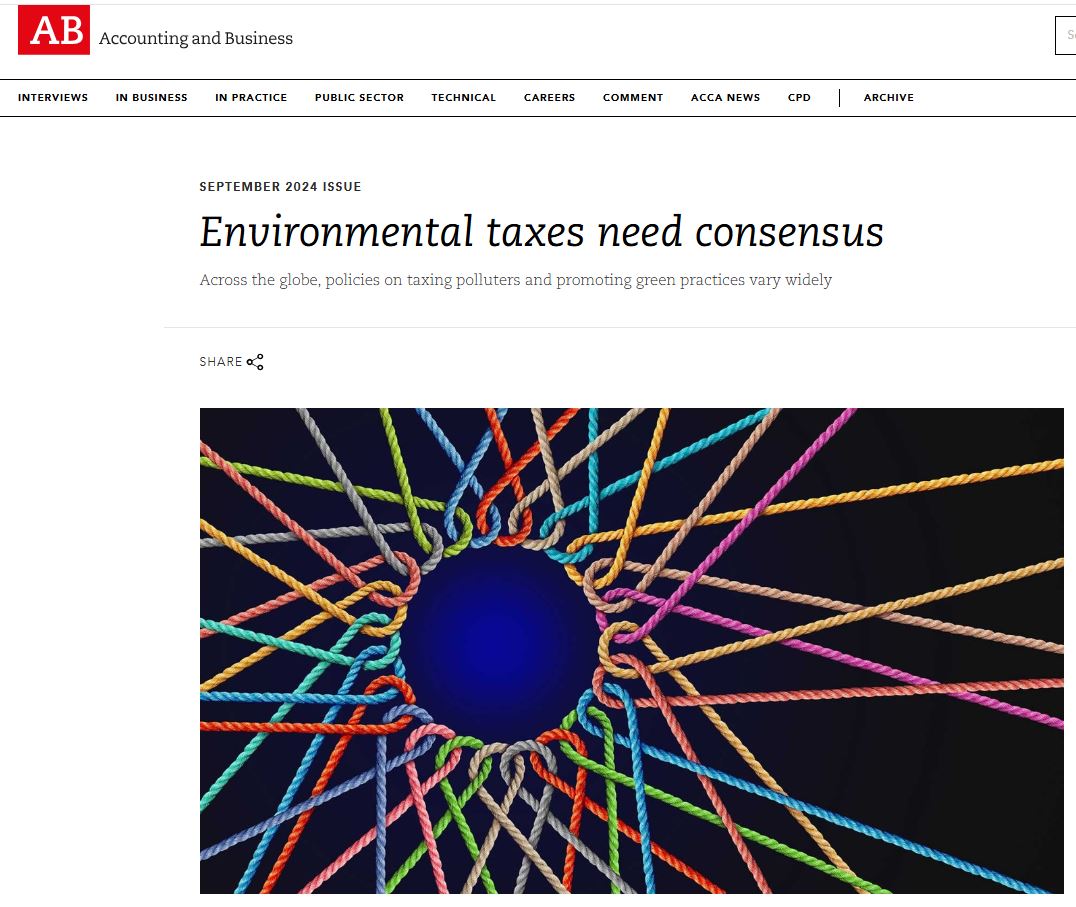Sunil Kansal | Source | Head of Consulting and Valuation Services at Shasat

Sunil Kansal
Sunil Kansal is an esteemed leader in banking and financial consulting, currently steering the Consulting and Valuation division at Shasat Consulting. His breadth of experience spans over two decades, working with prestigious Big Four accounting and advisory firms, as well as leading investment banks. Sunil is renowned for his deep expertise in IFRS and US GAAP, making him a valuable authority on regulatory compliance, financial structuring, risk management, and valuation.
Sunil's leadership prowess is evident in the numerous high-profile projects he has spearheaded to success. His comprehensive knowledge also extends to the technical advisory domain, showcasing his versatility and proficiency in navigating complex financial landscapes. Beyond his professional expertise, Sunil's influence extends as a globally acknowledged speaker. His presentations at diverse industry events have captivated audiences and sparked conversations, making him an influential figure in his field.
He is also an accomplished author, contributing multiple technical articles and books on pressing topics in accounting, risk management, and industry compliance. Sunil's insightful works provide both thought leadership and practical guidance, adding a critical dimension to his expansive professional repertoire.
Sunil carries the distinction of being a Fellow Member of prestigious institutions like the Institute of Chartered Accountants in England & Wales (ICAEW), the Institute of Chartered Accountants of India (ICAI), and the Institute of Cost & Management Accountants of India (ICMAI). His affiliations not only attest to his professional accomplishments but also speak volumes about his dedication to continued learning and excellence.
In the ever-evolving sphere of financial services, Sunil stands out for his mastery of Basel Regulations, continuously adapting to and guiding regulatory changes. His profound understanding of these regulations and their application makes him an invaluable asset in the banking sector, effectively bridging the gap between regulatory compliance and business strategy.
-
Shasat (https://shasat.co.uk)
Head of Consulting and Valuation Services
-
Why Wall Street Banks Are Suddenly Quitting A Global Climate Group
From Goldman Sachs to Morgan Stanley, the largest banks in the U.S. announced departures from an international climate group in recent weeks.
Article -
Transitioning from a Smart City to a Cognitive City - The Role of Artificial Intelligence and Advanced Technologies
The objective of this article is to explore the emergence of cognitive cities as the next step in urban development and to provide insights to city planners and administrators on how to create a connected and efficient physical environment that serves its citizens. By examining the key features and benefits of a cognitive city, which leverage technologies such as artificial intelligence, IoT, and other smart technologies, this article aims to inform readers about the evolving urban development needs and the opportunities presented by these cutting-edge tools and techniques
Article -
Environmental taxes need consensus
Across the globe,policies on taxing polluters and promoting green practices vary widely
Article
-
U.S. Dollar's Global Dominance: Stability or Erosion?
Sunil suggests the U.S. dollar remains dominant short-term, but its influence may erode as countries seek monetary independence. "If the dollar weakens, U.S. imports would become more expensive," he notes. Sunil advises investors to diversify across asset classes and geographies to mitigate risks. -
Insights into India's Evolving Travel and Hospitality Sector
Sunil, a frequent traveler to India, shares insights into the country's travel and hospitality sector. With experience in both business and leisure travel, he is well-versed in the evolving trends and challenges within India's dynamic travel space. -
Honda Shifts Civic Production to Indiana Amid Tariff Concerns
Sunil explains Honda's decision to move Civic hybrid production to Indiana as a strategy to avoid a 25% tariff on Mexican imports. This move enhances supply chain efficiency, reduces regulatory risks, and leverages existing U.S. facilities, reinforcing Honda's commitment to American investment.



